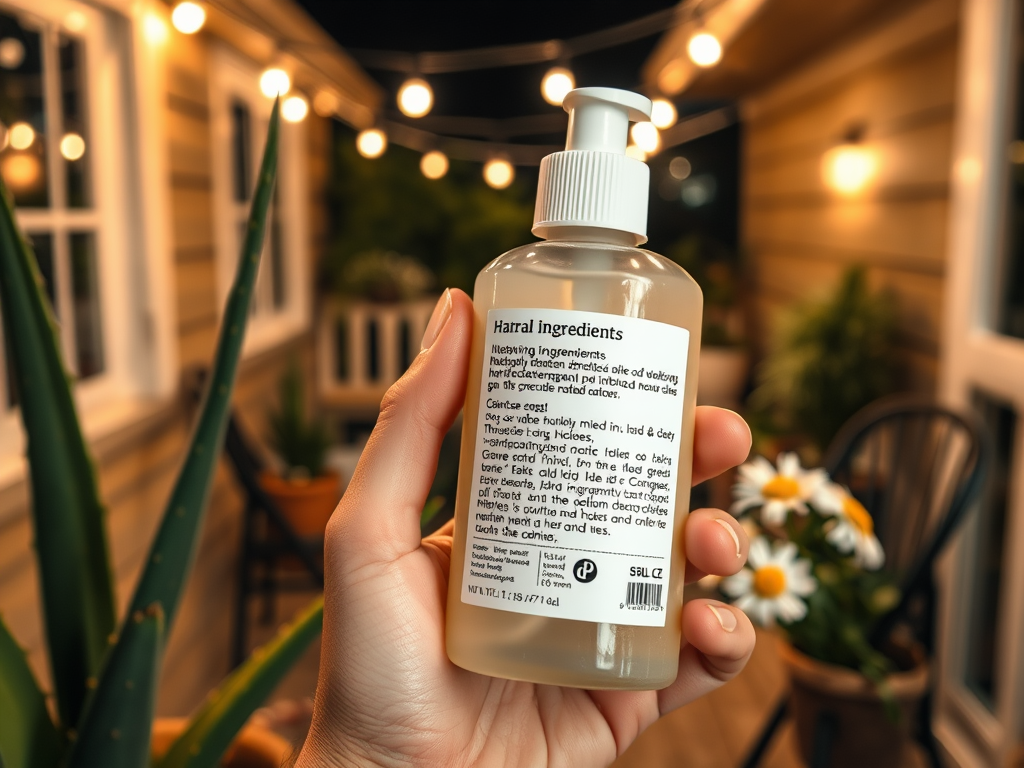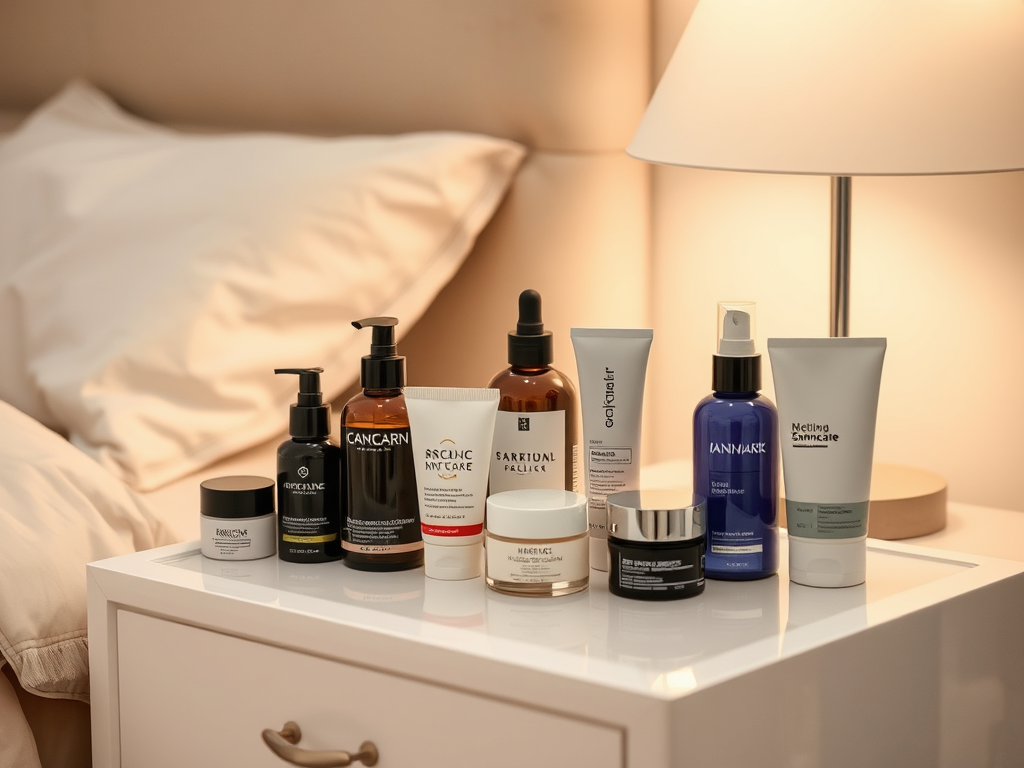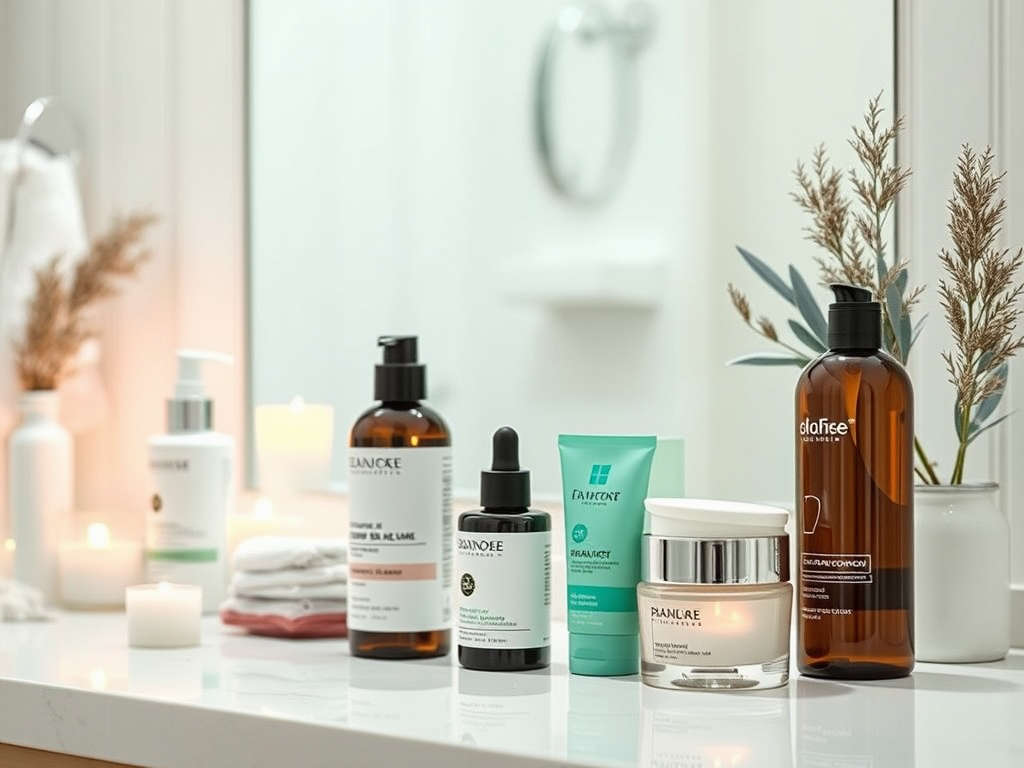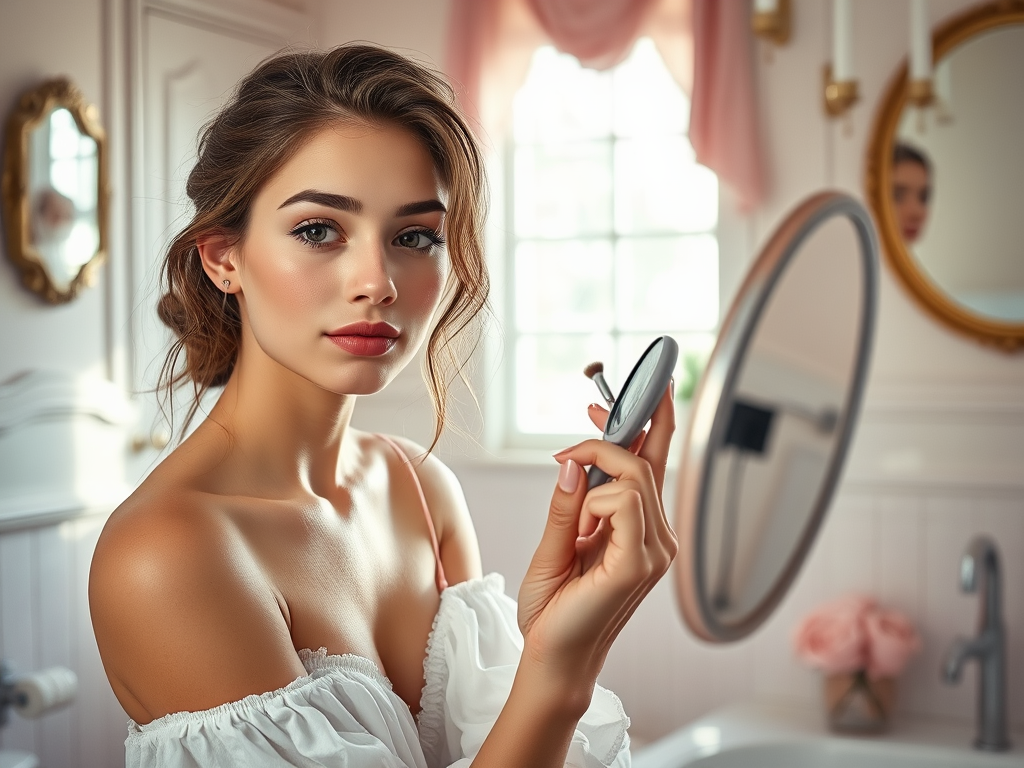Crafting a nighttime skincare routine can feel like a personal ritual—one that not only hydrates and restores but also protects your skin from potential harm. Yet, it’s vital to tread carefully amidst a sea of trending products and ingredients. The skin naturally goes through a reparative phase at night, making it essential to eliminate anything that could hinder this process. With increasing awareness surrounding skin health, identifying harmful ingredients has never been more crucial. After all, the efficacy of your nighttime regimen hinges not just on what you apply but also on what you consciously choose to exclude. Below, we delve into specific ingredients that could derail your quest for beautiful skin after sunset.
Common Harmful Ingredients

Among the most significant offenders in the skincare world are parabens, commonly used as preservatives. These synthetic compounds serve to prolong shelf life but can mimic estrogen, leading to hormonal imbalances. Additionally, they have been linked to various health concerns, raising eyebrows in both consumers and scientists alike. While the skincare industry is slowly moving toward paraben-free formulations, it’s still essential to check labels. Here’s a brief list of reasons to avoid parabens:
- Hormonal disruption potential
- Possible links to breast cancer
- Skin irritation for sensitive individuals
Fragrance is another term that often flies under the radar with skincare enthusiasts. Under this umbrella term lurks a cocktail of various synthetic compounds, which can cause allergic reactions, skin irritations, and even migraines. What’s alarming is that many companies are not required to disclose the specific ingredients in their fragrance blends, keeping consumers in the dark. Opting for fragrance-free products is a safer bet, especially for those with sensitive skin or pre-existing conditions. Consider the implications:
- Can lead to allergic reactions
- May trigger asthma attacks in sensitive individuals
- Can mask the smell of potentially harmful ingredients
Sulfates

Though sulfates can provide an impressive lather that many users love, they can also strip away natural oils, resulting in dryness and irritation. These cleansing agents are effective for removing dirt and makeup, but they often leave skin feeling tight and uncomfortable. If you’re looking to maintain a healthy moisture balance, it might be time to rethink that foaming facial cleanser. Here’s a quick comparison of cleansing agents:
| Ingredient | Effects on Skin | Common Products |
|---|---|---|
| Sulfates | Removes oils but can dry out skin | Cleansers, shampoos |
| Natural Surfactants | Mild and less drying | Cleansers, body washes |
| Glycerin | Hydrating and soothing | Moisturizers, cleansers |
Alcohol is another ingredient best avoided in your nighttime regimen. While some alcohols can be beneficial, others, particularly ethanol and isopropyl alcohol, can be extremely drying. These harsh types of alcohol may rob the skin of its natural moisture, leading to irritation and potential damage to sensitive skin layers. It’s essential to read labels thoroughly and steer clear of these harmful agents.
Ingredients That May Cause Breakouts
When addressing skincare, it’s crucial to consider how certain ingredients might prompt breakouts. For instance, mineral oil is a slippery slope; while it provides excellent moisture, it can also clog pores leading to acne, especially for those with oily or combination skin. Always evaluate how your products react to your skin type. Additionally, certain essential oils can be too potent; while they may have therapeutic properties, they can also lead to irritation. Below are noteworthy oils to consider carefully:
- Lavender Oil
- Tea Tree Oil
- Rosemary Oil
It’s vital to balance these potent ingredients with gentler ones, particularly if your skin is prone to acne or sensitivity. Consider creating an evening regimen that favors soothing ingredients like chamomile and aloe vera to mitigate potential irritation. In this realm, knowledge is power, as it allows you to create a harmonious environment for your skin’s nightly rejuvenation.
Considerations for Sensitive Skin
For those with sensitive skin, extra caution is warranted when choosing ingredients. Exfoliating acids, such as AHAs and BHAs, can be beneficial in moderation; however, using them nightly can wreak havoc on the skin’s barrier. Therefore, pacing your use of such acids may help you maintain your skin’s integrity while reaping their benefits. Alternatively, retinol is a powerful compound lauded for its anti-aging effects. But overuse can result in redness, peeling, and heightened sensitivity, especially when used in conjunction with other irritating substances. Factors to weigh include:
- Skin Type: Is your skin prone to irritation?
- Application Frequency: Are you using acids or retinol too often?
- Ingredient Interactions: Are your products clashing with each other?
Conclusion
By staying informed about harmful ingredients, you can effectively tailor your nighttime skincare routine to promote optimal skin health. Selecting gentle products that nourish rather than irritate the skin barrier is paramount. Your skin will benefit from a carefully curated regimen that celebrates balance and restoration, ensuring it wakes up refreshed and vibrant each morning. Keep in mind, prevention is often more effective than treatment. So heed the advice, discard the harmful ingredients, and watch your skin flourish over time.
Frequently Asked Questions
- What are some alternatives to parabens? Look for products labeled “paraben-free” that use natural preservatives like vitamin E or rosemary extract.
- Can I use products with fragrance if they’re natural? Yes, but patch testing is recommended, as natural fragrances can also provoke reactions in sensitive individuals.
- How do I know if an ingredient is harmful? Research ingredients and consult dermatological resources or a skincare professional for personalized advice.
- Should I completely avoid chemical exfoliants? Not necessarily; consider using them less frequently or in lower concentrations if you have sensitive skin.
- What should I look for in nighttime skincare? Opt for hydrating and calming ingredients like hyaluronic acid, ceramides, and peptides.



